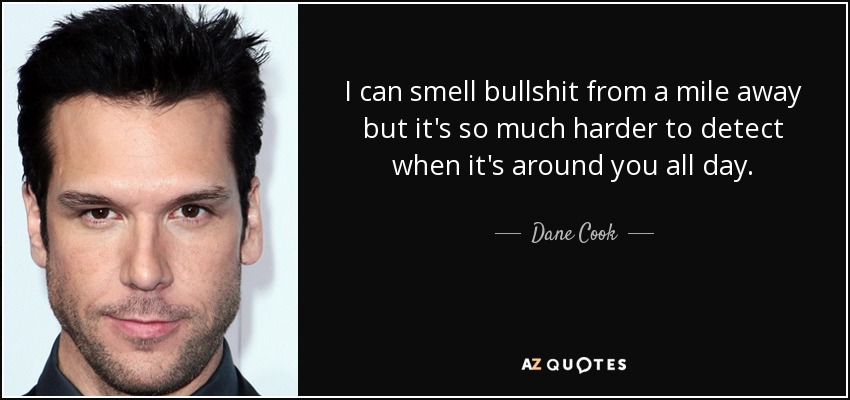
Strings of B.S. and Hope: The Delicate Fabric of Economies and World Order
“Strings of BS and Hope: The Delicate Fabric of Economies and World Order”
In the complex tapestry of modern life, everything is seemingly stitched together by two surprising threads: a line of embellishments, falsehoods, and misinformation – the ‘B.S’, twined with an equally fragile strand of unyielding hope.
Everywhere we turn, from our screens to our workplaces, this duality is evident. Advertisements fill our airwaves and screens with outlandish promises: “Lose weight effortlessly,” “Sleep better than ever,” “Protect your home from ‘Title Theft’.” Yet, these sensational claims often lead to garages stuffed with unused items and closets teeming with unmet expectations.
Even our workplaces aren’t exempt from this culture of embellishment. David Graeber’s concept of “bullshit jobs” points to roles that workers themselves perceive as pointless, contributing little to society. Despite this, we cling onto these jobs, driven by financial necessity and the hope for personal fulfillment and societal value.
Meanwhile, our political sphere showcases the ‘reality show effect’ – narratives spun by politicians and media outlets to stir emotions and influence public opinion on divisive issues, from gun control to climate change.
Yet, amid this culture of misinformation and exaggeration, hope emerges as a crucial counterbalance. Hope — the audacious belief in a better tomorrow — fuels our resilience and drives our participation in these systems, from purchasing a promising product to clocking into a less-than-fulfilling job.
Navigating this delicate balance between truth and fabrication, between hope and the strings of B.S, is a daily dance. Understanding this choreography allows us to question, analyze, and better influence our steps.
As we tread through this landscape, cluttered with products, lies, and job descriptions filled with ‘B.S’, it’s vital to keep hope alive. It’s our hope for a better, more honest world that not only prevents everything from falling apart but also fuels our continuous journey towards progress.
In conclusion, acknowledging the existence of these strings of B.S and the role of hope in our world is the first step towards navigating it effectively. It’s a call for transparency, critical thinking, and an aspiration for a world where truth is the norm, not an option.
By examining these threads that hold our economies and world order together, we can better understand them and learn to weave a narrative that serves us all — a narrative built on facts, respect, and mutual progress.
References:
- Graeber, D. (2018). Bullshit Jobs: A Theory. Simon and Schuster.
- Federal Trade Commission. (2009). FTC’s Regulation of Deceptive Advertising: Updates, Tweaks, or Major Surgery?
- Mutz, D.C., & Reeves, B. (2005). The New Videomalaise: Effects of Televised Incivility on Political Trust.
- Lewandowsky, S., Ecker, U.K.H., & Cook, J. (2017). Beyond Misinformation: Understanding and Coping with the “Post-Truth” Era.
- Lopez, S.J., Snyder, C.R., & Teramoto Pedrotti, J. (2003). Hope: Many definitions, many measures. In S.J. Lopez & C.R. Snyder (Eds.), Positive psychological assessment: A handbook of models and measures.

0 Comments